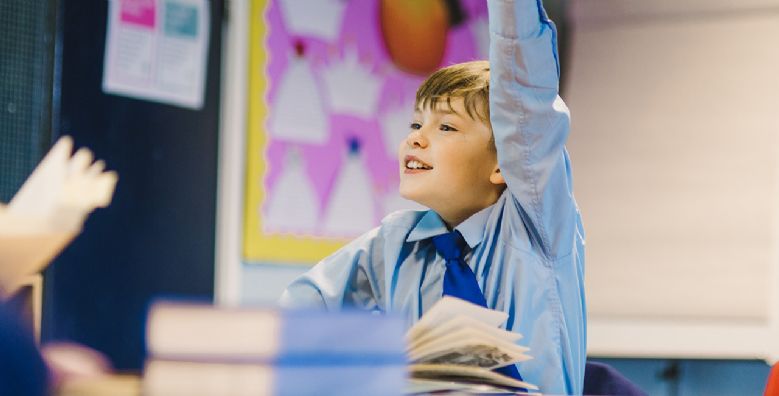Safeguarding for Students
At times, you may feel worried and stressed or you may have problems that you're finding hard to talk about. We're here to help, always.

Reporting an incident or concern
CEOP is a law enforcement agency set up to keep children and young people safe from sexual exploitation and abuse. If someone has done something online that has made you feel worried or unsafe you can report it here:
Our dedicated Safeguarding Team in the academy are here to help you at all times. If something has happened to you that has made you feel worried or unsafe you can contact a member of our team directly using the link in the button on the right. Please note, between the hours of 7pm and 8am you may not receive an immediate response. If your concern is an emergency please contact CEOP using the link above.
We are committed to providing a safe environment for our students. We offer lots of help in school and our staff are always available to talk to, you can speak to any member of staff or specifically the Pastoral or Safeguarding teams.
If you feel that you may need help from someone outside of school, please see below for some very useful links to information from other sources.
Online Safety
It is really important to ensure that, as a student, you are aware of the risks of using technology and the ways to keep yourself safe when using different digital devices. Click HERE to download a copy of our helpful advice sheet which gives you some handy tips to stay safe.
Think before you post online…don’t use another person’s username, don’t share your password with anyone, keep all your social media profiles private, inform an adult if you think that something you have received online is not appropriate, don’t accept people whom you do not know as ‘friends’ on your social media, don’t open emails from unknown sources and report any inappropriate content.
Useful links:
Take a look at www.thinkuknow.co.uk, an education programme from NCA-CEOP, a UK organisation which protects children both online and offline
Visit www.ceop.police.uk if someone has done something online that has made you or a child or young person you know, feel worried or unsafe
Self Harm
The term ‘self harm’ means doing anything on purpose that causes harm to yourself. This can include; cutting, burning, pulling your hair out, hitting yourself, scratching, overdosing or swallowing something dangerous or anything that causes harm to your body on purpose. Self harm is something that people do to help manage their emotions, what is sometimes called a ‘coping strategy’. Young people can self harm for a number of reasons. The most common is to help them cope with their feelings in response to situations such as; depression, low self-esteem, drug or alcohol abuse, bullying, family problems, abuse (physical, emotional or sexual) plus many more.
How can you help yourself? Speak to someone who you know may be able to help, perhaps a teacher or parent. Look for alternative options that are soothing, are a distraction or provide stress relief. Try going for a walk, keeping a diary or blog, doing some sport or physical exercise, listening to music, watching a movie or getting in touch with a friend.
Useful link: Take a look at www.harmless.org.uk, a national voluntary organisation for people who self harm, their friends, families and professionals
More useful links
Childline
childline.org.uk or call 0800 11 11
Kidscape
kidscape.org.uk or call 020 7730 3300
Mental Health Awareness
We aim to promote positive mental health and wellbeing for our whole school community (children, staff, parents and carers), and recognise how important mental health and emotional wellbeing is to our lives in just the same way as physical health. School staff are often the key professionals when it comes to identifying and supporting children and young people’s mental wellbeing and are ideally placed to respond to the early signs of mental health difficulties in children and young people.